FLAT 10% OFF ON YOUR FIRST ORDER. USE IVER10
Warf 3 mg Tablet (Warfarin 3 mg
Price range: $25.00 through $85.00
Warf 3 Tablet contains Warfarin, an effective oral anticoagulant that prevents and treats dangerous blood clots such as deep vein thrombosis (DVT), pulmonary embolism, and stroke in high-risk patients. By inhibiting clotting factors, it helps maintain healthy blood flow and reduce clot-related complications.
- Buy 2 and get Flat 15% Off. Use B2SAVE15
- Buy 3 and get Flat 20% Off. Use B3SAVE20
Warf 3 Tablet (Warfarin) – Anticoagulant for Blood Clot Prevention
Warf 3 Tablet is a highly effective oral anticoagulant medication designed to prevent the formation of dangerous blood clots in vital areas including the legs (deep vein thrombosis), lungs (pulmonary embolism), brain, and heart. As part of the warfarin family of blood thinners, it plays a crucial role in stroke prevention and managing existing clot-related conditions. For optimal results, Warf 3 Tablet should be taken consistently at the same time each day, with or without food, as directed by your physician. It’s important to never discontinue this medication abruptly without medical supervision due to potential rebound clotting risks. Patients typically require regular INR (International Normalized Ratio) blood monitoring to ensure proper dosage and effectiveness.
Uses of Warf 3 Tablet:
- Treatment and prevention of deep vein thrombosis (DVT)
- Management of pulmonary embolism
- Stroke prevention in high-risk individuals
- Prevention of harmful blood clot formation
- Post-surgical clot prevention
Benefits of Warf 3 Tablet:
- Significantly reduces risk of life-threatening clots
- Prevents stroke and pulmonary embolism
- Effective long-term anticoagulation therapy
- Helps maintain proper blood flow in veins and arteries
Side Effects of Warf 3 Tablet:
Most common side effect: Increased bleeding tendency (may range from minor nosebleeds to serious internal bleeding)
Rare but serious effects: Skin necrosis, purple toe syndrome, severe hemorrhage
Patients should immediately report any unusual bruising, blood in urine/stool, or prolonged bleeding to their healthcare provider.
How to Use Warf 3 Tablet?
- Take exactly as prescribed – typically once daily
- Swallow tablet whole with water (do not crush or chew)
- Maintain consistent dosing schedule (same time each day)
- Limit intake of Vitamin K-rich foods (leafy greens, broccoli, etc.)
- Regular blood tests (INR monitoring) are essential
How Warf 3 Tablet Works?
The Tablet contains warfarin sodium which acts as a vitamin K antagonist in the liver. It inhibits the production of vitamin K-dependent clotting factors (II, VII, IX, and X), thereby prolonging blood clotting time. This mechanism prevents new clots from forming and stops existing clots from growing larger, though it doesn’t dissolve existing clots. The anticoagulant effect typically begins within 24-72 hours, with full therapeutic effects developing over several days.
Safety Advice:
- Alcohol: Strictly prohibited (increases bleeding risk)
- Pregnancy: Contraindicated (risk of fetal harm)
- Breastfeeding: Generally safe with monitoring
- Driving: Caution advised (may cause dizziness)
- Kidney Disease: Safe with monitoring
- Liver Disease: Requires dose adjustment and close supervision
- Surgery/Dental Work: May require temporary discontinuation
What If You Miss a Dose?
If you forget to take it, take it as soon as you remember on the same day. If you don’t remember until the next day, skip the missed dose and continue with your regular schedule. Never take a double dose to compensate for a missed one.
Drug Interactions:
It has potentially dangerous interactions with:
- Antibiotics (especially ciprofloxacin, erythromycin)
- Antifungals (fluconazole, ketoconazole)
- Anti-seizure medications
- Thyroid medications
- NSAIDs (aspirin, ibuprofen)
- Many herbal supplements (ginkgo, garlic, ginseng)
Always inform all healthcare providers about your Warf 3 Tablet use before starting any new medications.
FAQs:
Q1. How long does Warf 3 Tablet take to work?
It begins working within 24-72 hours, but full therapeutic effects may take several days. Your doctor will monitor your INR levels to determine when you’ve reached the proper anticoagulation level.
Q2. What foods should I avoid while taking Warf 3 Tablet?
Maintain consistent Vitamin K intake by limiting foods like kale, spinach, broccoli, and Brussels sprouts. Sudden increases in Vitamin K can reduce the drug’s effectiveness, while decreases may increase bleeding risk.
Q3. Can I take pain relievers with Warf 3 Tablet?
Most NSAIDs (ibuprofen, naproxen) should be avoided due to increased bleeding risk. Acetaminophen may be used occasionally in limited doses, but always consult your doctor first.
Q4. How often will I need blood tests while on Warf 3 Tablet?
Initially, you may need INR testing 2-3 times weekly. Once stable, testing frequency may decrease to every 2-4 weeks, but this varies by individual.
| Pack Size | 60 Tablets, 120 Tablets, 240 Tablets |
|---|

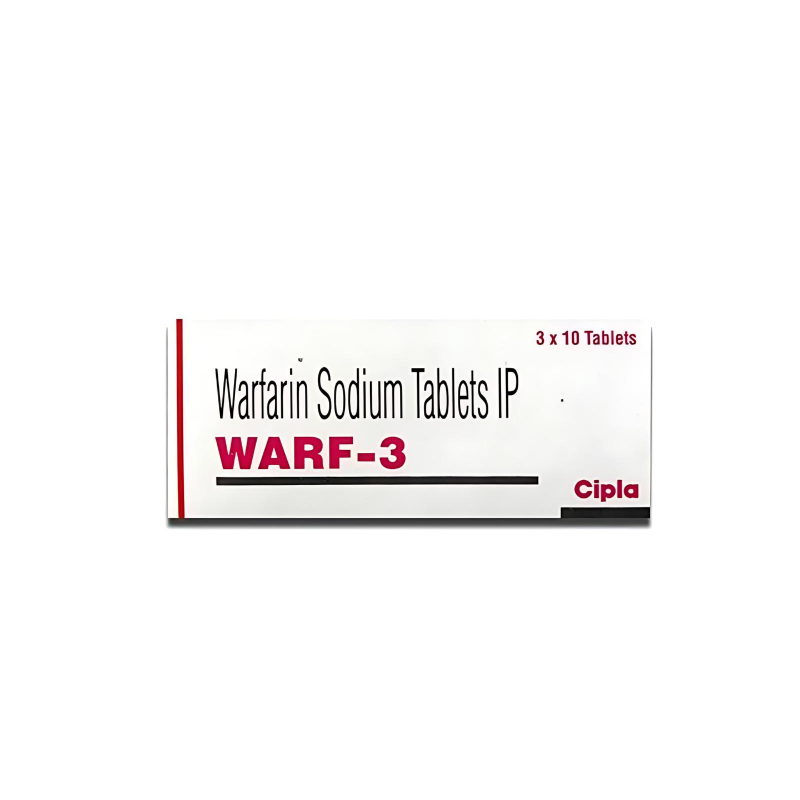
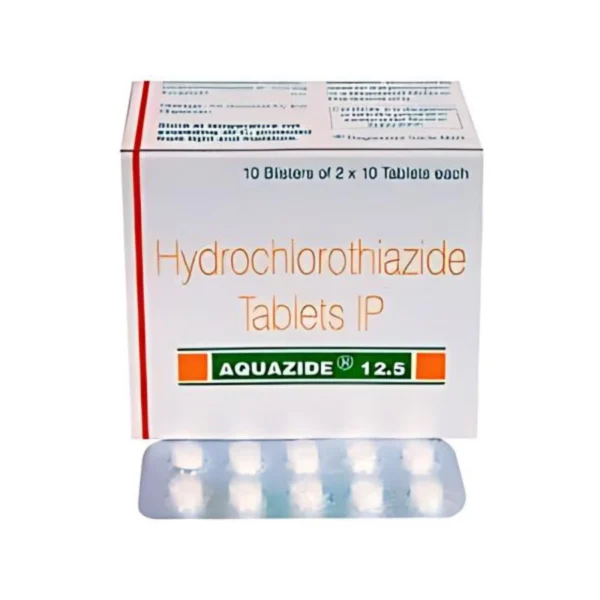
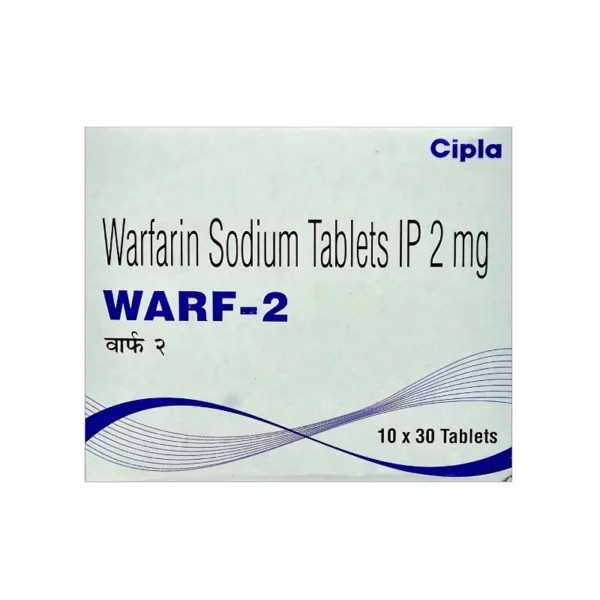
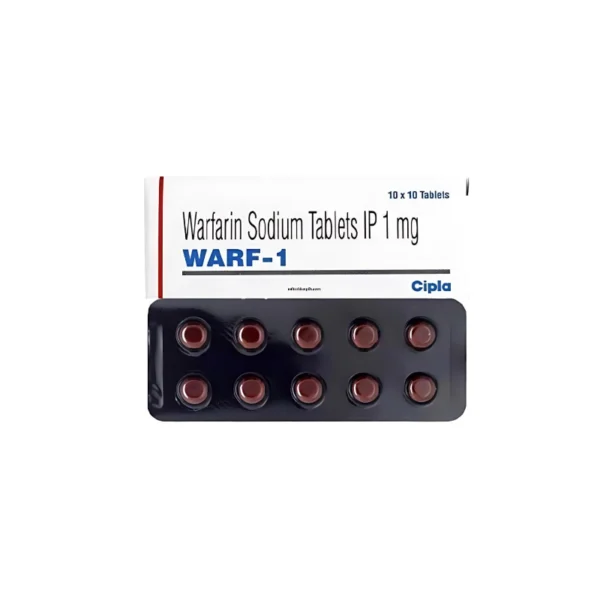
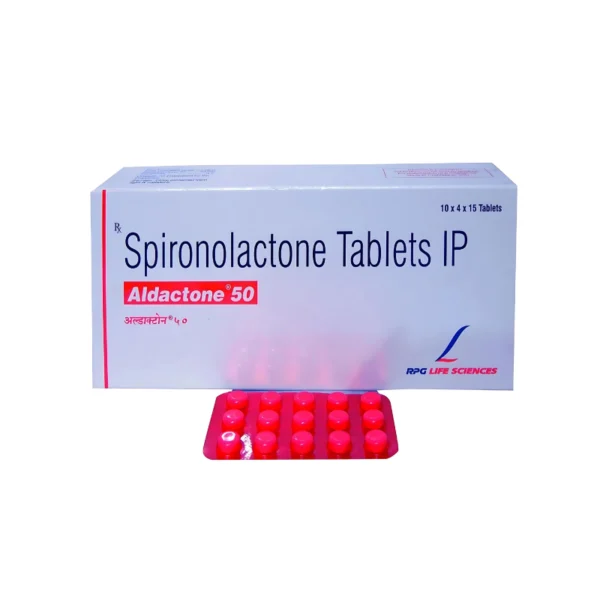
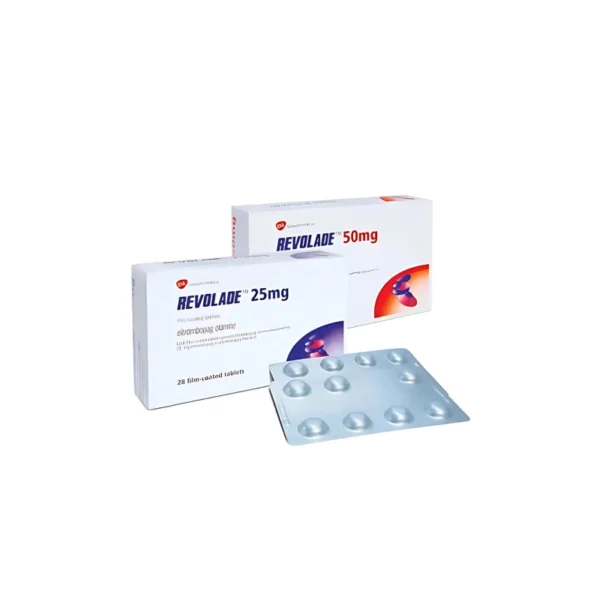
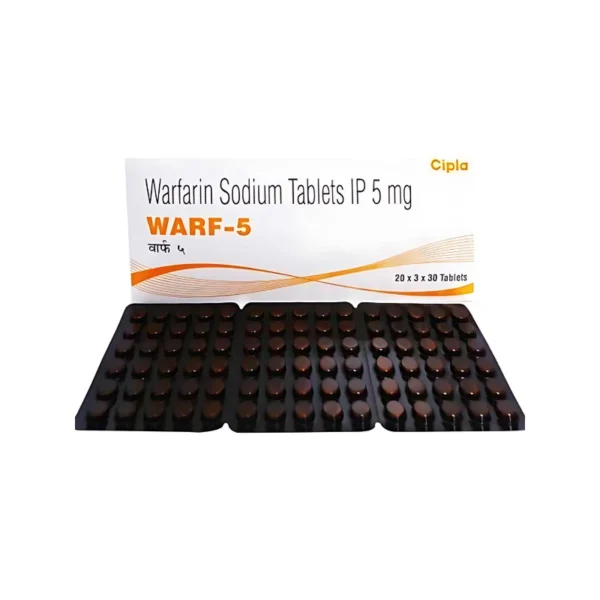

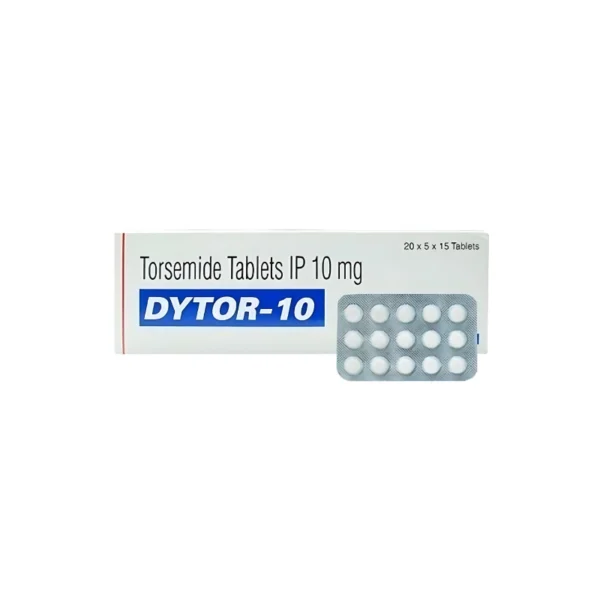
Reviews
There are no reviews yet.